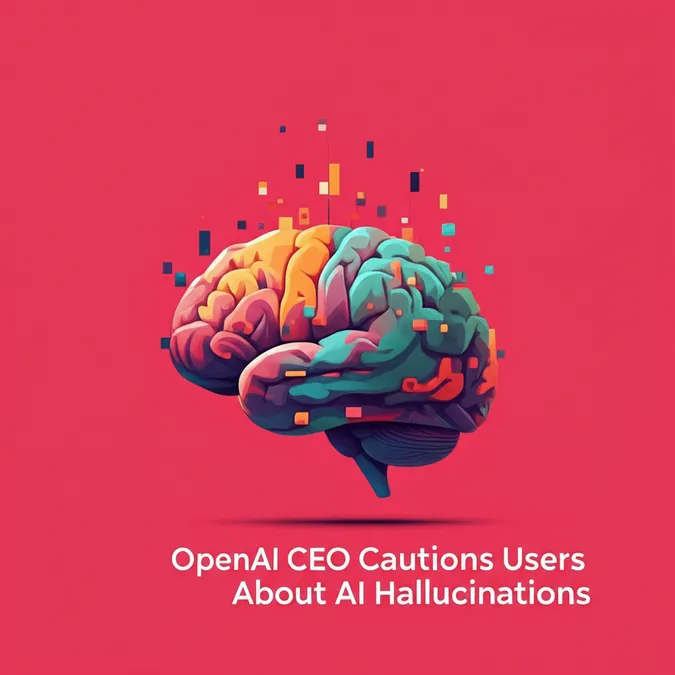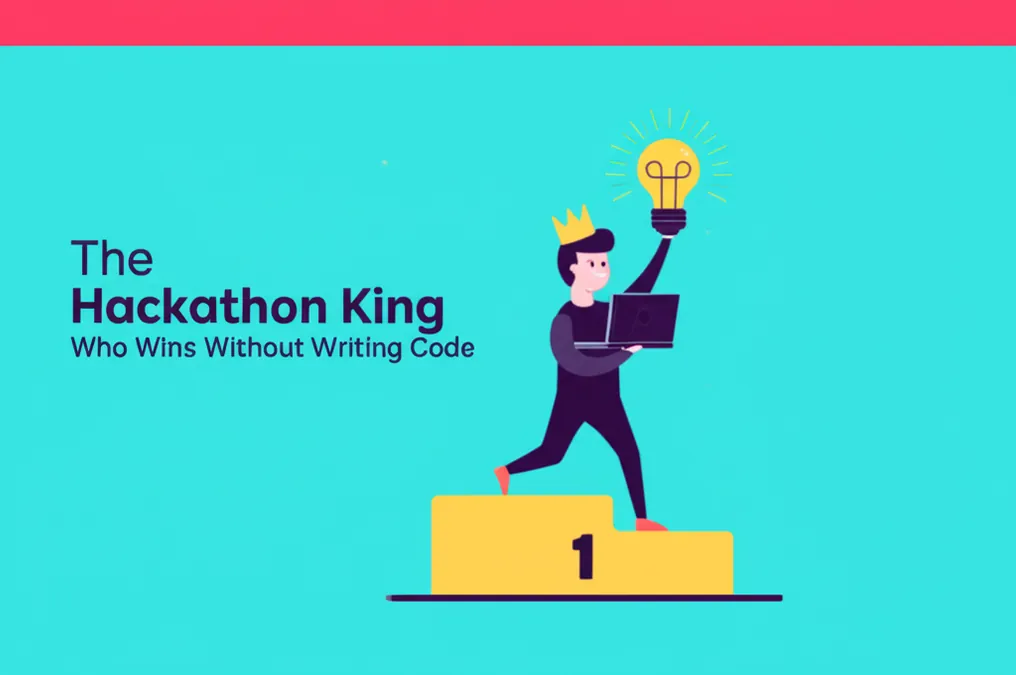Developer Offer
Try ImaginePro API with 50 Free Credits
Build and ship AI-powered visuals with Midjourney, Flux, and more — free credits refresh every month.
How AI Is Forcing A Reckoning In College
A shadow looms over higher education, raising a fundamental question: What is the point of college if students are no longer doing the work? Increasingly, tools like ChatGPT and Claude are not just study aids but are being used to complete entire assignments, from essays to exams. This has created what many call a "cheating utopia," leaving faculty feeling unsupported and overwhelmed.
This crisis is more than just academic dishonesty; it's a story of disillusionment and a system struggling to keep pace with technology. To understand the depth of this issue, we look to the findings of James Walsh, a features writer for New York magazine, who published a deeply unsettling piece after months of speaking with students and professors on the front lines. His investigation, discussed on an episode of The Gray Area podcast, reveals a complex picture of how AI is reshaping the very foundation of learning.
The New Age of Academic Dishonesty
Student methods for using AI vary in sophistication. The most straightforward approach involves copying a professor's prompt directly into ChatGPT and submitting the generated essay, sometimes without even reading it. Professors have tried to counter this with "Trojan horse" methods, embedding strange words like "broccoli" or "Dua Lipa" into prompts to see if they appear in the final text.
However, a little effort is all it takes to circumvent this. More adept students use AI to generate about 70 percent of an essay, then spend time polishing the remaining 30 percent to make it their own, resulting in a decent paper that is difficult to flag. While AI detection tools exist, their effectiveness is highly debated. They primarily scan for linguistic patterns common to large language models but often miss the bigger picture: students who use AI for the core thinking and ideation process, essentially turning writing into a paint-by-numbers exercise.
A Tale of Two Mindsets Student Perspectives on AI
Students hold a wide range of views on AI. One student at the University of Wisconsin described a moment of realization in the library when she saw at least half of her peers using ChatGPT. This observation cast a new light on her classroom experiences, particularly in a psychology class discussing attachment theories. "That should be a great class discussion," she noted, yet her peers were referencing studies not covered in class, making the conversation feel sterile and "unfulfilling." For her, this was a sign that something was deeply wrong.
Conversely, many students feel pressured to use AI. They argue that not using it puts them at an academic disadvantage and that college should be training them to use tools that will be integral to their future careers. They see proficiency in AI not as cheating, but as a necessary skill for the modern world.
Despair in the Faculty Lounge Professor Reactions
For many professors, especially those in writing and computer science departments, the prevailing emotion is despair. They struggle to police AI usage, and even when an essay is clearly machine-generated, proving it is a thorny process. Students can simply deny the accusation, and the sheer volume of potentially plagiarized work is overwhelming. This has left many faculty members feeling frustrated and defeated.
While a few educators are optimistic—one UCLA professor of comparative literature even used AI to create her entire textbook and called the resulting class her best ever—they are outliers. The general sentiment is one of exhaustion and deep concern about the value of their assignments and the degrees their institutions confer.
The AI Feedback Loop Professors Grading AI
Adding another layer of absurdity, some professors are now being encouraged to use AI themselves—not just for lectures, but for grading papers. This opens up the very real possibility of an AI grading an essay that it wrote in the first place. Walsh notes that this is not a fringe idea; universities across the country are offering this technology to teachers. Meanwhile, some older professors are simply counting down the days to retirement, leaving the problem for the next generation to solve. The pace of this change is faster than anyone, including education specialists at AI companies like Anthropic, anticipated.
Administrative Apathy and the Bottom Line
Many professors feel abandoned by their university administrators, who seem to be largely ignoring the problem. There's a stark contrast between this inaction and the swift, drastic institutional changes made during the COVID-19 pandemic. The cynical view is that COVID threatened the universities' bottom line, whereas AI does not—at least not yet. While AI may pose an "extinction-level threat to the very idea of higher education," it seems administrators are comfortable with a degraded educational experience as long as tuition checks continue to arrive. This approach exposes the transactional, and perhaps rotted, foundation of a higher education system that often prioritizes degrees over learning.
The Role of Big Tech in the Classroom
AI companies are also key players in this dynamic. They are actively trying to capture young customers to build brand loyalty, with Google even creating a chatbot for children under thirteen. Furthermore, reporting from The Wall Street Journal suggests that OpenAI has developed an effective watermarking technology to identify its output but has chosen not to release it, likely because an effective detector would be bad for business among its student user base.
Moral Panic or Existential Threat
Is this just another moral panic, like Socrates' fears about the written word? It's more complex than that. OpenAI CEO Sam Altman has called AI a "calculator for words," yet he and others have also warned that it could be a catastrophic event for humanity. The two statements are difficult to reconcile.
The biggest fear is that we are accelerating toward a post-literate, and therefore post-thinking, society. The profession of writing itself is at risk if its most important reader becomes a robot. When original thought is no longer practiced or valued, the consequences extend far beyond the classroom. The technology we're talking about now is orders of magnitude more powerful than social media algorithms, and its full impact is only beginning to be understood.
To hear the full discussion, listen to the conversation on The Gray Area and follow on Apple Podcasts, Spotify, or Pandora.
Compare Plans & Pricing
Find the plan that matches your workload and unlock full access to ImaginePro.
| Plan | Price | Highlights |
|---|---|---|
| Standard | $8 / month |
|
| Premium | $20 / month |
|
Need custom terms? Talk to us to tailor credits, rate limits, or deployment options.
View All Pricing Details

